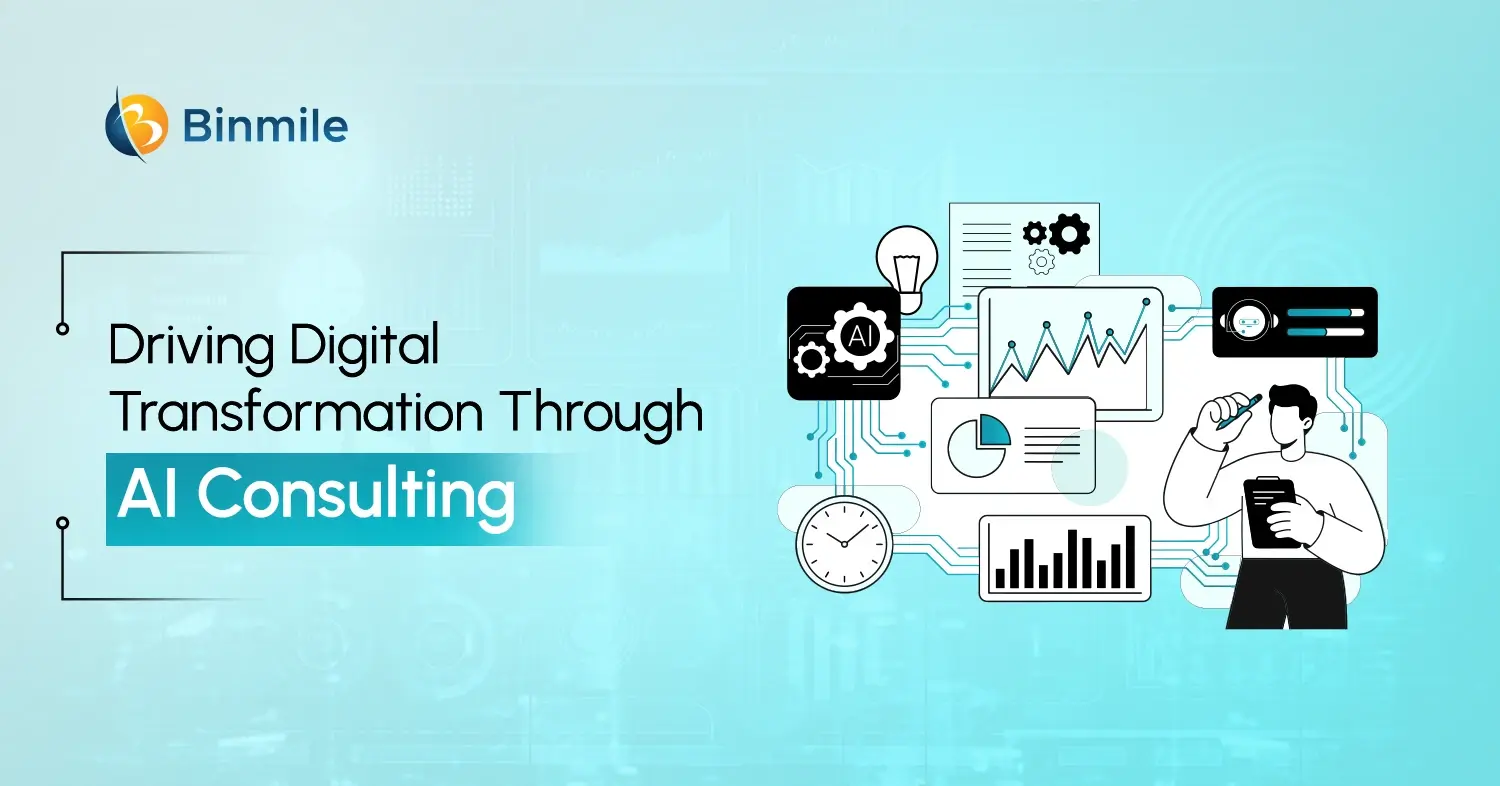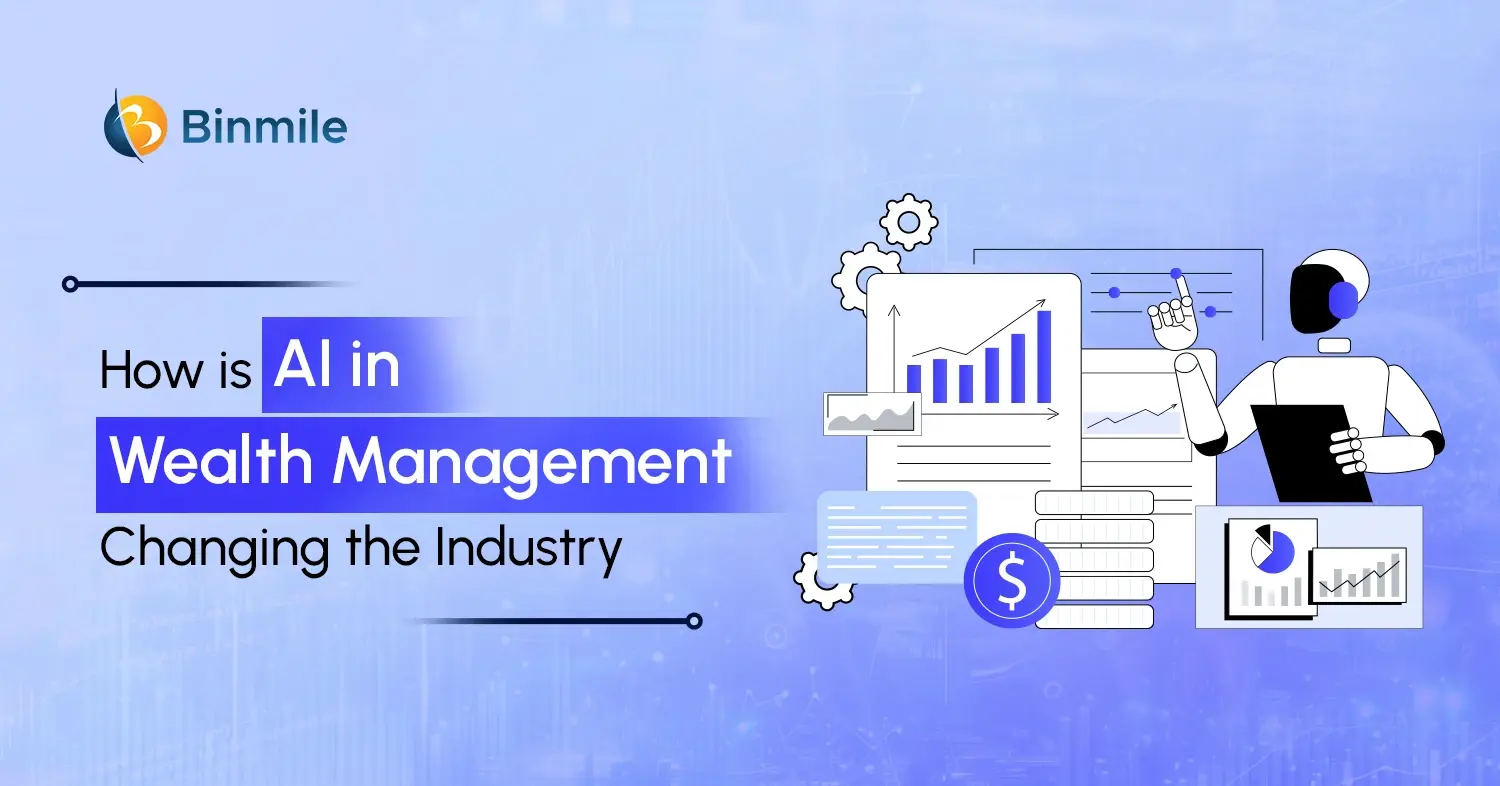The COVID-19 pandemic led to consumers’ preference for cashless transactions, which was a noticeable trend due to the swiftness of these transactions. Digitization is the most significant step forward in making a payment experience quick and seamless for customers and businesses alike. Digital payment providers are working ceaselessly on ways to provide innovative payment methods that appeal to both businesses and consumers.
The payments ecosystem is strengthened through collaborations between a wide range of key players. They make the payment landscape more comprehensive, practical, flexible, and secure. Although there have been massive shifts in the payments space in the last decade, the most exciting times in the payments industry are yet to come. With this article, we will be able to analyze payment trends that will give a new shape to the future of payments globally.
The Payment Ecosystem
B2B, B2C, and C2C are three prime payment channels. Payments allow businesses and consumers to transfer financial data digitally, and nearly every industry stakeholder benefits when that process occurs seamlessly. The payments ecosystem is a complex network of financial services providers that share an interest in processing payments. The most valuable aspects of the payments ecosystem include:
- Acquirers: An acquirer is a financial institution that allows a merchant to accept credit card payments from a customer’s credit card-issuing bank
- Credit Card Networks: Card networks such as Visa, Discover, Mastercard, and American Express allow consumers to make online purchases with credit or debit cards and enable merchants, processors, and banks to process those transactions
- Independent Sales Organizations (ISOs): ISOs act as intermediaries between merchants and payment processors, and they acquire banks to sell credit card processing services to merchants
- Issuers: Issuers are financial institutions that license the credit card brand names, like Visa and MasterCard, to create credit cards and issue them to consumers
- Payment Facilitators: A payment facilitator is a type of ISO that operates primarily as a merchant account and services other smaller accounts, which are considered sub-merchants
- Payment Gateways: A payment gateway is a software app that allows merchants to accept payments made with credit cards, debit cards, and other electronic forms of payment
- Payment Processors: Payment processors or merchant service providers are independent companies that process credit card transactions for online businesses
7 Key Payment Trends Shaping the Future of Payments
The financial services industry has changed significantly because of innovation and advancements in digital technology. For example, payment technology offers a streamlined experience and improved security measures contributing to overall customer satisfaction. The worldwide payments industry has undergone dramatic changes in recent years, including the 2008–09 financial crisis, the rise of online payment systems, and the Covid-19 pandemic.
Here are a few payment trends we at Binmile see restructuring the payments industry in years to come.

1. Buy Now, Pay Later (BNPL)
Deferred payments or buy now pay later have been adopted by online retailers alongside the growth of eCommerce. As per data received from Adobe, deferred payments experienced about 215% year-over-year growth in the initial months of 2021 in the US. The BNPL is like a mini loan at the point of sale (PoS) with various repayment terms concerning fee rules, installment numbers, payment schedules, credit reporting, and interest rates.
BNPL app like Cash Now of UAE options help eCommerce players increase conversion rates and revenues in online checkout. Generally, a typical credit card interchange charges 1-3%, whereas the BNPL companies take about 5-6% from the retailers. A report published in Businesswire magazine shows that BNPL represents only a minor portion of the total payment market. The report predicts the size of BNPL payments will reach about 9226.65 billion USD by 2032 globally.
The leading BNPL providers are establishing a digital ecosystem using the POS as the gateway to long-term customer relationships and user acquisition. It is expected that BNPL will become an integrated offering from digital wallets. Here, BNPL providers can take help from finance apps and software development company to build a digital ecosystem focusing on eCommerce transactions.
2. eCommerce
For a long time now, eCommerce has been one of the most vital payment trends, and it does not show any signs of slowing down. We have seen eCommerce increasing globally, yet there is a wide gap between eCommerce leaders. According to a prominent research authority on digital transformation, China’s online retail transactions have touched the $2.29 trillion mark in 2020 and are expected to reach $3.56 trillion by the end of 2024. In 2021, China was the biggest market for eCommerce with a revenue of $1.5 trillion, helping it outperform nations, like the USA. Nowadays, almost all merchants have registered online presence in the post-COVID world.
The number of transactions recorded by the best online payment solution provider upsurged by almost 80% in 2020, compared to last year. Here, reducing friction and increasing conversion rates — along with effective payment orchestration in eCommerce — should be the top priority of the payment industry to leverage the continual growth in eCommerce. eCommerce software platforms managed by payment providers also matter the most. These platforms should equip with easy-to-implement APIs that ensure hassle-free embedded payment solutions.
3. Cash is No Longer the Priority
Cash has traditionally been the first choice of payment for many consumers, but its increasing rarity since the COVID-19 outbreak is expected to affect the payment industry substantially. However, this shift has opened opportunities for certain businesses to rise above the competition, namely those that accept credit cards and other forms of electronic payment.
Traditional cash-loving countries are reducing their dependence on cash for making payments. In a COVID-affected world, the use of cash is on the decline prior. Contactless adoption rates, mobile payments in physical retail, the rise in eCommerce, and mobile wallet dominance indicate that cash is no longer the priority.
4. Digital Wallets and Open Banking
Despite slow adoption, digital wallet app development have been a part of the payment industry for more than fifteen years. The spread of the pandemic has propelled their use by consumers and has led to three times as many users over the last three years. Online research shows that they will continue to grow even more rapidly due to current circumstances.
Open banking is becoming more prevalent than alternative modes of disrupting financial services. It is a new trend in the financial sector that allows the exchange of data and services through standardized technical interfaces, so-called application programming interfaces (APIs). APIs are sets of rules that describe how different computer systems and software programs interact. The digital transformation in commercial payment is also driven by the commercial use of APIs, creating new opportunities for companies to expand beyond traditional organizational boundaries. As a result, payment modes will be challenged as well.
5. Real-Time Payments
Real-Time Payments (RTPs) are having a massive impact on the payment space as they allow merchants, consumers, and financial institutions to undertake transactions safely. RTPs help you get improved visibility into payments and better cash and day-to-day operations management. The thing that matters the most is the immediate initiation and settlement of RTPs. That is why businesses get more information to comply with their customers’ needs and demands.
RTPs can be the next game-changer as they connect the payment with data in a single transaction. Banks interested in connecting to the RTP network can make a difference by working with a technology partner. RTPs help customers manage their finances efficiently. Various factors make RTPs grow including:
- Emerging startups
- Globalization
- Increased customer expectations
- Regulatory pressures
- Technological innovation
6. Biometric Payments
Biometric payments are another type of digital transaction that is gaining ground across the globe. Once used mainly by security agencies, these methods have made significant advancements in the last few years and have become now common with both Visa and MasterCard.
Just so you know, these payment trends tap physical characteristics and their authentication to recognize a person for accepting funds. Some among a wide variety of biometric authentication methods are:
- Iris
- Retina
- Face recognition
- DNA matching
- Vein patterns
Although biometric payment trends are generally used as part of a 2-step authentication process, they come with a wide range of benefits. For instance, convenience is a major advantage, making it simple and effortless for consumers to identify themselves.
7. Cryptocurrency Payments
Any form of currency that exists virtually or digitally is known as cryptocurrency. It doesn’t exploit popular banks as a method for transactions, provided that it is a peer-to-peer decentralized digital payment system.
Such payment trends operate on a distributed public ledger, which is known as blockchain. Blockchain works as a record of all transactions updated and held by cryptocurrency owners. A few common examples of types of cryptocurrency are:
- Ripple
- Bitcoin
- Ethereum
If you want to purchase any of them, you can select a platform and credit your account or get a broker to get these things done for you. Some of the biggest benefits of cryptocurrency are its:
- Security
- Privacy
- Accessibility
And it is the decentralized nature of these payment trends that offers diversification from conventional bonds, stocks, and financing with major banks.
Also Read: Payment Orchestration in E-commerce
Conclusion
As we look ahead at the future of banking, banks, and top fintech companies will become collaborative partners, unlocking new payment methods for consumers while providing cutting-edge infrastructure and services. Banks will work more closely with fintech providers and payment leaders to ensure that today’s digital consumers are protected from fraud and cyberattacks.
Binmile is a payment app development company that delivers a high level of customer satisfaction and exceptional experience with qualitative payment custom software solutions. The company serves the payments industry by offering them custom payment development, implementation, and integration solutions for processing transactions on different platforms securely.
Frequently Asked Questions
The payments industry is undergoing significant transformations driven by technological advancements and changing consumer preferences. Some key trends include the rise of contactless payments, the growing importance of digital wallets, the integration of artificial intelligence in fraud detection, and the increasing adoption of blockchain technology for secure and transparent transactions. Stay tuned to stay informed about the dynamic landscape of the payments industry.
The payment gateway industry is evolving rapidly to meet the demands of an increasingly digital economy. Key trends include the widespread adoption of mobile payment gateways, the integration of biometric authentication for enhanced security, the rise of embedded payment solutions in various platforms, and the continuous focus on improving user experiences through seamless checkout processes. Explore more about these trends to stay ahead in the dynamic landscape of payment gateways.
The payment world will continue to exist in the digital space. Therefore, please make sure to pay attention to social commerce, P2P payment apps, mobile wallets, central bank digital currencies, and other associated payment trends as we enter 2024.
Credit and debit cards have emerged as the most famous payment methods. More and more folks are adopting digital wallets that store confidential credit and debit card information so that all individuals can make payments without a hitch on their mobile phones.









